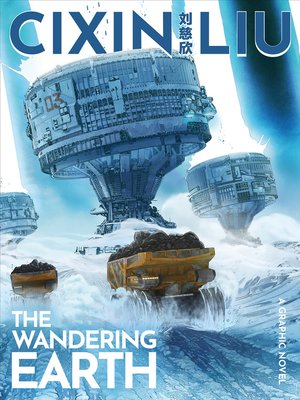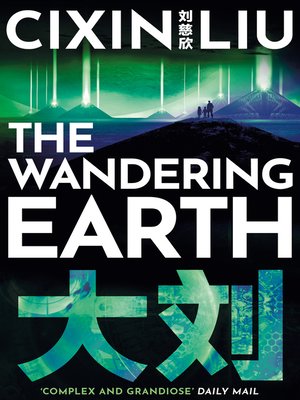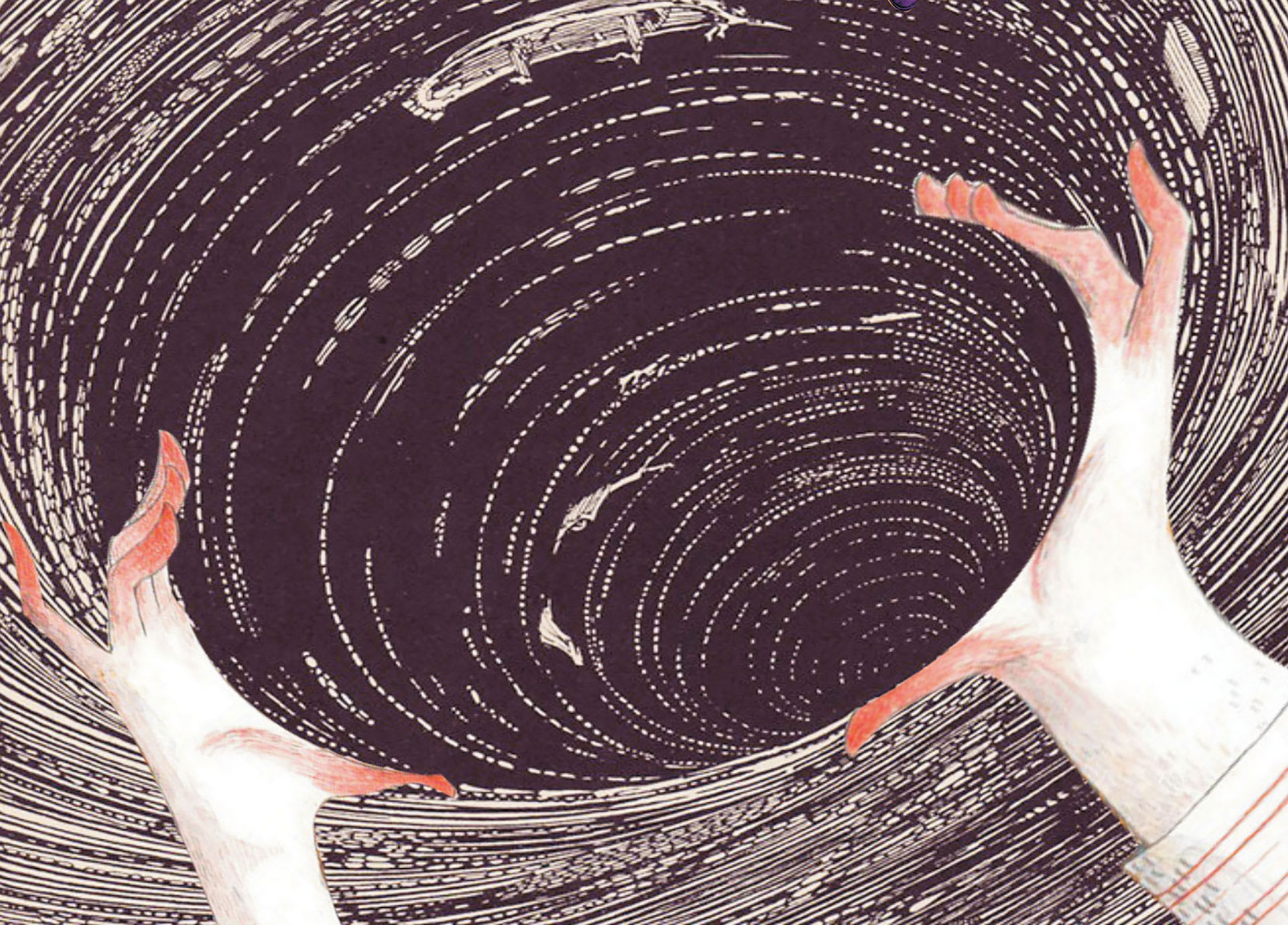


A better comparison may be 2022’s local sci-fi smash Moon Man, which tallied $460 million following a lockdown period. Covid-19 is now rife around China and those unconvinced by the government’s messaging pivot will be skittish about visiting a crowded multiplex. It’s uncertain whether this prequel can reach the stratosphere of its predecessor, which is the fifth most successful film of all time domestically with a gross of $691 million. Meanwhile, Liu Cixin’s fanbase continues to grow with recent animated and live-action television adaptations of his landmark novel The Three-Body Problem being enthusiastically received. While the original was a box office dark horse, The Wandering Earth II is this year’s frontrunner - and China’s biggest local release in months due to industry uncertainty surrounding the disruptive ’Zero Covid’ policy, which was suddenly dismantled in December. Technically exceptional, with space station and moon-based sequences to rival Gravity or Ad Astra

There is certainly much to admire about this ambitious homegrown sci-fi saga, even if it feels rather protracted with the running time clocking in 45 minutes longer than its predecessor. Four years on, this eagerly anticipated prequel reunites the key creative team and star Wu Jing for an expansion of the original’s prologue, which explained how the Earth embarked on an interstellar journey to avoid being snuffed out by a rapidly expanding sun. Lunar New Year 2019 saw Chinese science fiction cinema achieve lift off when Frant Gwo’s adaptation of Liu Cixin’s novella The Wandering Earth became a box office phenomenon.


 0 kommentar(er)
0 kommentar(er)
